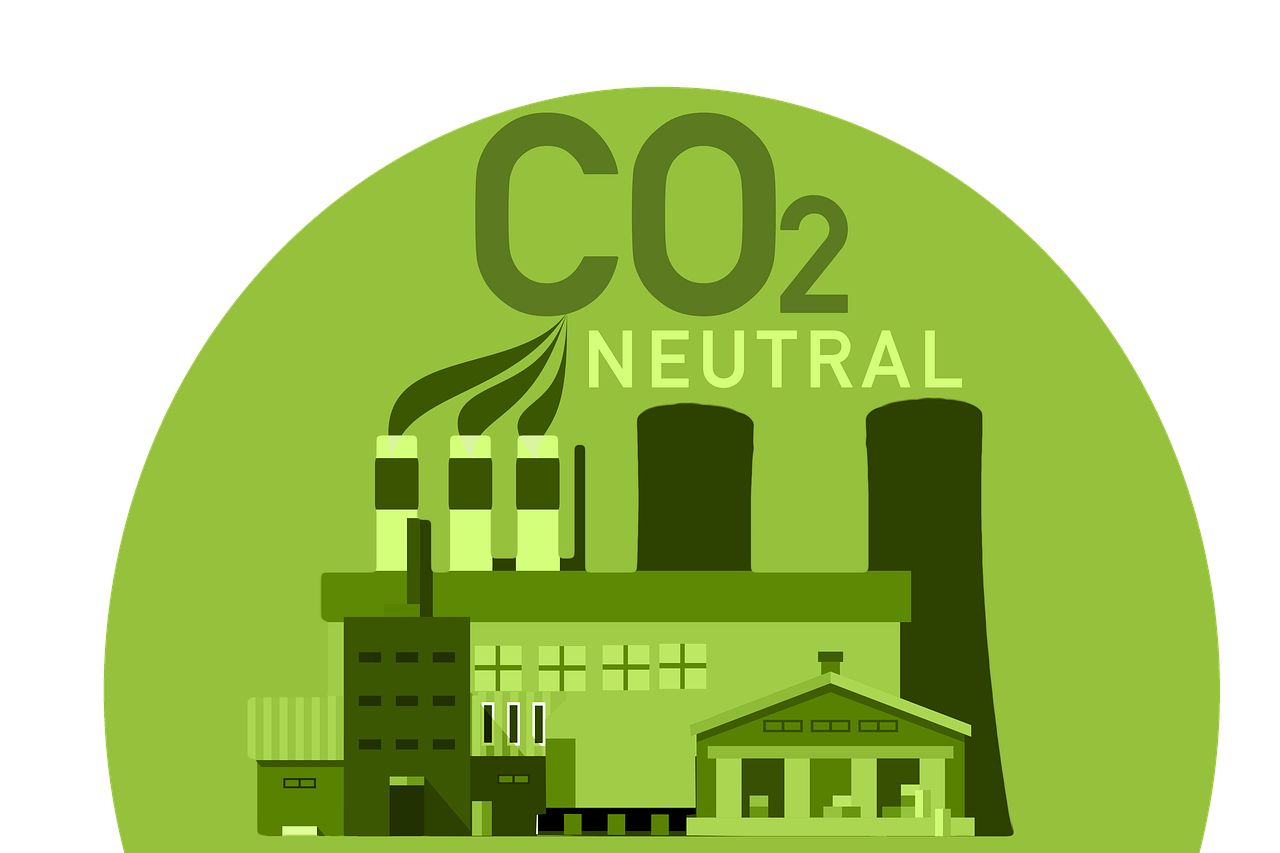Carbon Credit Consultancy
& Advisory Company



We can help businesses understand, develop, and manage carbon credit projects

We can help organizations comprehensively reduce their greenhouse gas (GHG) emissions through tailored, science-based approaches

Climate change compliance guidance services enable organizations to meet regulatory requirements and global standards for climate action
Carbon offset projects include initiatives like nature-based (Bamboo Plantation), renewable energy (solar, wind), and improving energy efficiency.
Set of agricultural practices that increase the amount of carbon stored in the soil and plants, removing it from the atmosphere.
Groups of land owner, working together to implement and benefit from carbon farming practices.
Feugiat accumsan lorem eu ac lorem amet accumsan donec. Blandit orci porttitor.
Biochar stores carbon by converting organic matter into carbon-rich charcoal, which when added to soil can sequester carbon for hundreds of years.
Bio pellets act as a carbon-neutral fuel source within the natural carbon cycle.